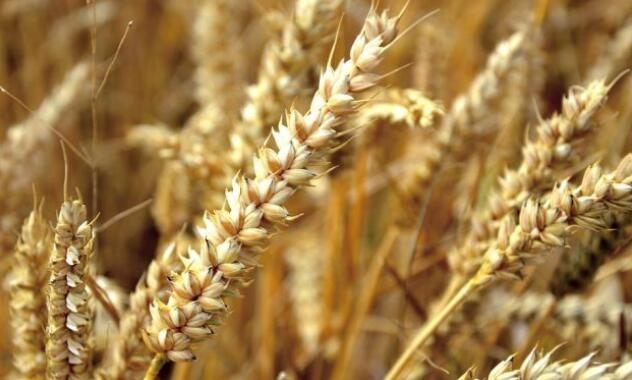
Exhibition time: 17-19 March, 2026 Shanghai, China
 中文
中文

Exhibition time: 17-19 March, 2026 Shanghai, China
 中文
中文

Key words of the passage: wheat; salinity; water scarcity; production
The Egyptian Atomic Energy Authority, headed by Dr. Amr El-Hajj, announced that the agricultural research scientists in the authority have started harvesting the production of new strain of genetically-modified wheat at the authority's site in Inshas city, Bilbeis, Sharqia Governorate.
This strain has high-productivity with distinct characteristics such as being resistant to cultivation in saline lands, and water shortage, the authority said in a statement on Friday.
The rate of production exceeds 4 tons per acre, with an increase of almost a ton over the currently cultivated Egyptian varieties, the statement said, adding that this variety cultivation takes only 140 days, the statement continued.
El Hajj said that the cultivation of this strain could contribute to increasing Egypt’s local production of wheat by 33 percent and consequently would decrease the imported wheat.
Early April, Hesham El Hossary, the head of the Agricultural Committee at the House of Representatives said in media comments that the crisis of Coronavirus pandemic and the political international situation of the Russian-Ukrainian conflict have pushed the state to consider planting the GM products.
Egypt prohibits importing and planting GMO seeds, but allows imports of GM-produced soybeans and maize that have been approved from the country of origin, especially from the United States.
Egypt is currently suffering from crisis of wheat supply due to the l Russian-Ukraine conflict as the two countries are the biggest wheat importer to Egypt. So, the government is working to increase the area of the wheat crops by 1.5 million feddans over the next three years in accordance with a new study conducted by the Egyptian Cabinet's Information and Decision Support Center (IDSC).
Egypt needs about 18 million tons of wheat annually, with local productivity of 10 million tons of wheat. So, it has been gravely affected by the ongoing Ukraine-Russia conflict as it gets 80 percent of exported wheat from both conflicting countries.
On April 21, 2020, President Abdel Fattah El-Sisi made an inspection tour in Toshka agricultural lands in the South Valley of Upper Egypt’s Aswan early to witnesses the start of the wheat harvest season.
Sisi then gave the green light for the opening of some wheat silos via video in several governorates and watched a documentary on Egypt’s achievements to secure the wheat needed for local consumption.
Source: Egypt Today
